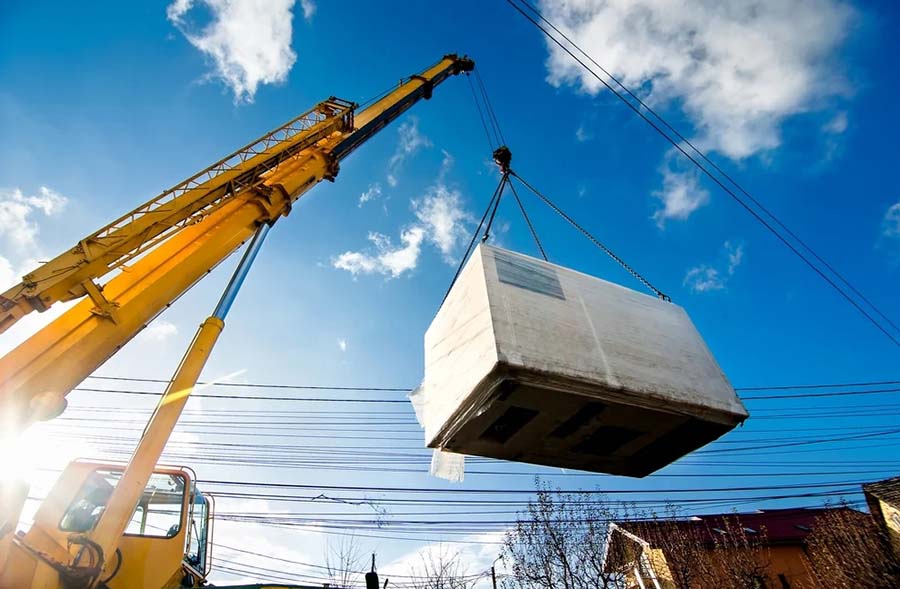
-
 Afrikaans
Afrikaans -
 Albanian
Albanian -
 Amharic
Amharic -
 Arabic
Arabic -
 Armenian
Armenian -
 Azerbaijani
Azerbaijani -
 Basque
Basque -
 Belarusian
Belarusian -
 Bengali
Bengali -
 Bosnian
Bosnian -
 Bulgarian
Bulgarian -
 Catalan
Catalan -
 Cebuano
Cebuano -
 Corsican
Corsican -
 Croatian
Croatian -
 Czech
Czech -
 Danish
Danish -
 Dutch
Dutch -
 English
English -
 Esperanto
Esperanto -
 Estonian
Estonian -
 Finnish
Finnish -
 French
French -
 Frisian
Frisian -
 Galician
Galician -
 Georgian
Georgian -
 German
German -
 Greek
Greek -
 Gujarati
Gujarati -
 Haitian Creole
Haitian Creole -
 hausa
hausa -
 hawaiian
hawaiian -
 Hebrew
Hebrew -
 Hindi
Hindi -
 Miao
Miao -
 Hungarian
Hungarian -
 Icelandic
Icelandic -
 igbo
igbo -
 Indonesian
Indonesian -
 irish
irish -
 Italian
Italian -
 Japanese
Japanese -
 Javanese
Javanese -
 Kannada
Kannada -
 kazakh
kazakh -
 Khmer
Khmer -
 Rwandese
Rwandese -
 Korean
Korean -
 Kurdish
Kurdish -
 Kyrgyz
Kyrgyz -
 Lao
Lao -
 Latin
Latin -
 Latvian
Latvian -
 Lithuanian
Lithuanian -
 Luxembourgish
Luxembourgish -
 Macedonian
Macedonian -
 Malgashi
Malgashi -
 Malay
Malay -
 Malayalam
Malayalam -
 Maltese
Maltese -
 Maori
Maori -
 Marathi
Marathi -
 Mongolian
Mongolian -
 Myanmar
Myanmar -
 Nepali
Nepali -
 Norwegian
Norwegian -
 Norwegian
Norwegian -
 Occitan
Occitan -
 Pashto
Pashto -
 Persian
Persian -
 Polish
Polish -
 Portuguese
Portuguese -
 Punjabi
Punjabi -
 Romanian
Romanian -
 Russian
Russian -
 Samoan
Samoan -
 Scottish Gaelic
Scottish Gaelic -
 Serbian
Serbian -
 Sesotho
Sesotho -
 Shona
Shona -
 Sindhi
Sindhi -
 Sinhala
Sinhala -
 Slovak
Slovak -
 Slovenian
Slovenian -
 Somali
Somali -
 Spanish
Spanish -
 Sundanese
Sundanese -
 Swahili
Swahili -
 Swedish
Swedish -
 Tagalog
Tagalog -
 Tajik
Tajik -
 Tamil
Tamil -
 Tatar
Tatar -
 Telugu
Telugu -
 Thai
Thai -
 Turkish
Turkish -
 Turkmen
Turkmen -
 Ukrainian
Ukrainian -
 Urdu
Urdu -
 Uighur
Uighur -
 Uzbek
Uzbek -
 Vietnamese
Vietnamese -
 Welsh
Welsh -
 Bantu
Bantu -
 Yiddish
Yiddish -
 Yoruba
Yoruba -
 Zulu
Zulu
Thread Rolling Machinery Manufacturing Facilities and Their Innovations
The Evolution of Thread Rolling Equipment Factories
Thread rolling is a crucial manufacturing process that involves the creation of threads on cylindrical materials. This process is widely used across various industries, including automotive, aerospace, and construction. At the heart of this operation lies specialized machinery and equipment, produced in dedicated thread rolling equipment factories. This article explores the evolution of these factories, their technological advancements, and their significance in modern manufacturing.
Historical Context
The history of thread rolling dates back to the Industrial Revolution when manufacturers sought efficient methods to produce threaded fasteners. Early methods involved manual operations and rudimentary machines that were labor-intensive and time-consuming. However, as industries grew and the demand for high-quality threaded products increased, the need for specialized equipment became apparent. The first thread rolling machines, designed to automate the process, emerged in the late 19th century, laying the foundation for modern thread rolling equipment factories.
Technological Advancements
Over the decades, thread rolling equipment has evolved significantly, largely driven by technological advancements. Today's factories employ precision engineering and state-of-the-art machinery to produce high-quality threaded components. Key developments include
1. Computer Numerical Control (CNC) The integration of CNC technology has revolutionized thread rolling. CNC machines offer unmatched precision, enabling manufacturers to create complex thread profiles with minimal human intervention. This technology allows for faster production rates and improved consistency, reducing the risk of defects.
2. Hydraulic Systems Modern thread rolling machines often incorporate hydraulic systems that provide the necessary force for thread formation. These systems are not only efficient but also enhance the versatility of the machines, allowing them to handle a wide range of materials and thread sizes.
3. Material Science Advances in material science have also played a crucial role in thread rolling. Manufacturers now have access to superior alloys and heat treatment processes that enhance the strength and wear resistance of the threaded products. This ensures that the final products not only meet but exceed the stringent standards required by various industries.
4. Automation and Robotics Automation is becoming increasingly prevalent in thread rolling factories. Robotic systems can handle material loading, unloading, and even quality inspection, significantly reducing labor costs and human error. This shift towards automation enhances overall productivity and allows manufacturers to allocate resources more effectively.
thread rolling equipment factories

The Role of Thread Rolling Equipment Factories
Thread rolling equipment factories are essential components of the global manufacturing landscape. They serve various purposes
- Production of Fasteners These factories are primarily responsible for producing bolts, screws, and nuts that are crucial for assembly in numerous applications, ranging from automobiles to electronics.
- Research and Development Many factories invest in R&D to develop innovative thread rolling techniques and machines, ensuring they stay competitive. This includes improving existing designs and exploring new materials and applications.
- Customization Given the diverse needs of different industries, thread rolling equipment factories often offer customization options. This flexibility allows manufacturers to produce specialized components that meet unique specifications.
- Sustainability Efforts In response to growing environmental concerns, many thread rolling factories are adopting sustainable practices. This includes using energy-efficient machines, recycling waste materials, and minimizing water usage in their processes.
Future Prospects
As industries continue to evolve, so too will thread rolling equipment factories. The rise of Industry 4.0, characterized by the Internet of Things (IoT), artificial intelligence (AI), and big data analytics, is set to transform these factories further. Smart factories equipped with sensors and data analytics capabilities will optimize production processes, enhance quality control, and facilitate predictive maintenance.
In conclusion, thread rolling equipment factories have come a long way since their inception. With advancements in technology and a growing emphasis on sustainability and customization, these factories are poised to play a vital role in the future of manufacturing. As they continue to innovate and adapt to market demands, the thread rolling process will remain a key element in ensuring the reliability and performance of the fasteners that hold together the structures and systems we rely on every day.
